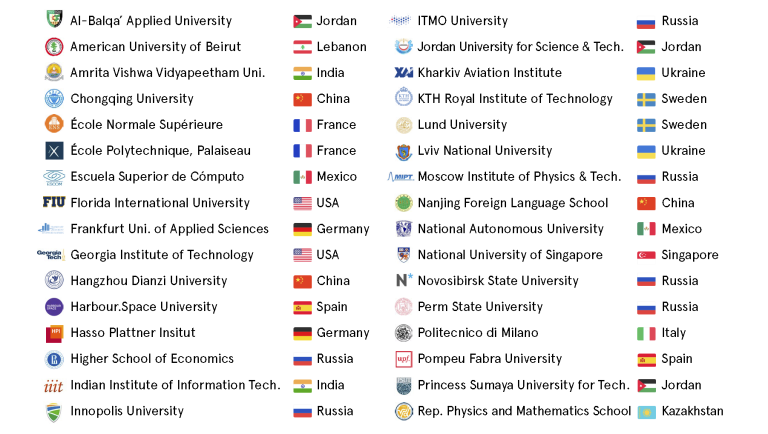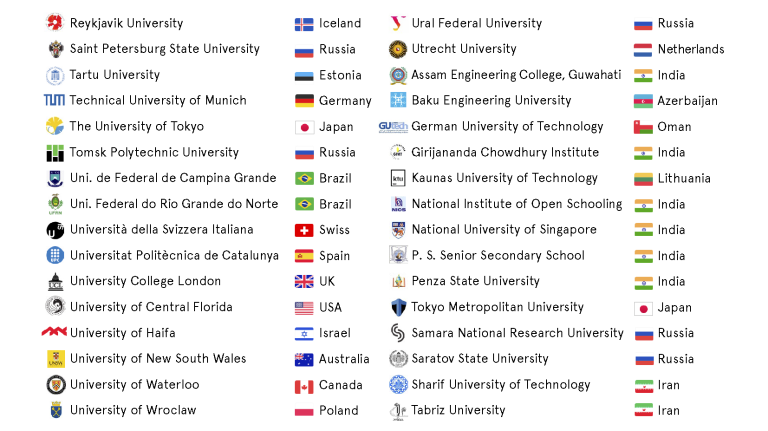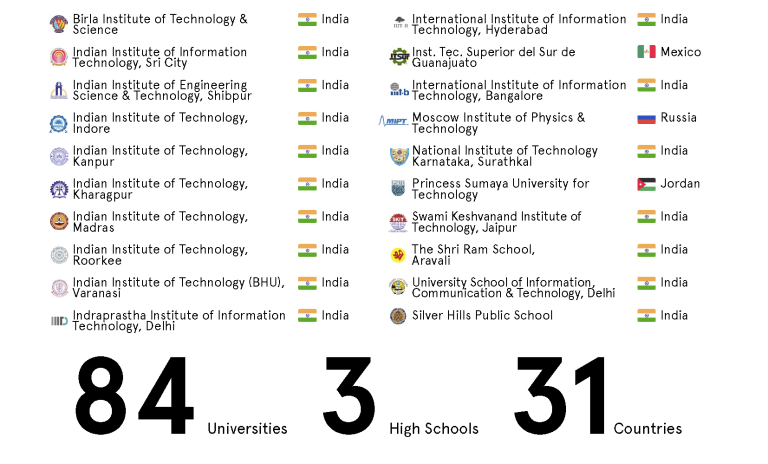<copy-pasted-part>
Hello!
Codeforces Round 501 (Div. 3) will start at Jul/31/2018 17:35 (Moscow time). You will be offered 6 or 7 problems with expected difficulties to compose an interesting competition for participants with ratings up to 1600. Probably, participants from the first division will not be at all interested by this problems. And for 1600-1899 the problems will be too easy. However, all of you who wish to take part and have rating 1600 or higher, can register for the round unofficially.
The round will be hosted by rules of educational rounds (extended ACM-ICPC). Thus, during the round, solutions will be judged on preliminary tests, and after the round it will be a 12-hour phase of open hacks. I tried to make strong tests — just like you will be upset if many solutions fail after the contest is over.
You will be given 6 or 7 problems and 2 hours to solve them.
Note that the penalty for the wrong submission in this round (and the following Div. 3 rounds) is 10 minutes.
Remember that only the trusted participants of the third division will be included in the official standings table. As it is written by link, this is a compulsory measure for combating unsporting behavior. To qualify as a trusted participants of the third division, you must:
- take part in at least two rated rounds (and solve at least one problem in each of them),
- do not have a point of 1900 or higher in the rating.
Regardless of whether you are a trusted participant of the third division or not, if your rating is less than 1600, then the round will be rated for you.
Thanks to MikeMirzayanov for the platform, help with ideas for problems and for coordination of my work. Thanks to my good friends Mikhail awoo Piklyaev, Maksim Neon Mescheryakov and Ivan BledDest Androsov for help in round preparation and testing the round.
Good luck!
</copy-pasted-part>
I also would like to say that participants who will submit wrong solutions on purpose and hack them afterwards (example) will not be shown in the hacking leaders table.
UPD1: Editorial is published.
UPD2:
Congratulations to the winners:
| Rank | Competitor | Problems Solved | Penalty |
|---|---|---|---|
| 1 | Wavyn | 7 | 245 |
| 2 | delete4 | 6 | 168 |
| 3 | BernardoSulzbach | 6 | 212 |
| 4 | dongshunyao | 6 | 214 |
| 5 | jiaangk_ | 6 | 217 |
Congratulations to the best hackers:
| Rank | Competitor | Hack Count |
|---|---|---|
| 1 | halyavin | 354:-66 |
| 2 | test616.cpp | 66:-7 |
| 3 | OlaAdel | 18 |
| 4 | antguz | 21:-7 |
| 5 | wanderer163 | 20:-5 |
604 successful hacks and 446 unsuccessful hacks were made in total!
And finally people who were the first to solve each problem:
| Problem | Competitor | Penalty |
|---|---|---|
| A | 314rate | 0:01 |
| B | 314rate | 0:06 |
| C | garipov.roma | 0:07 |
| D | shanghaiKingCsl8 | 0:12 |
| E1 | Ka55un0 | 0:30 |
| E2 | Ka55un0 | 0:30 |
| F | shanghaiKingCsl8 | 0:48 |














